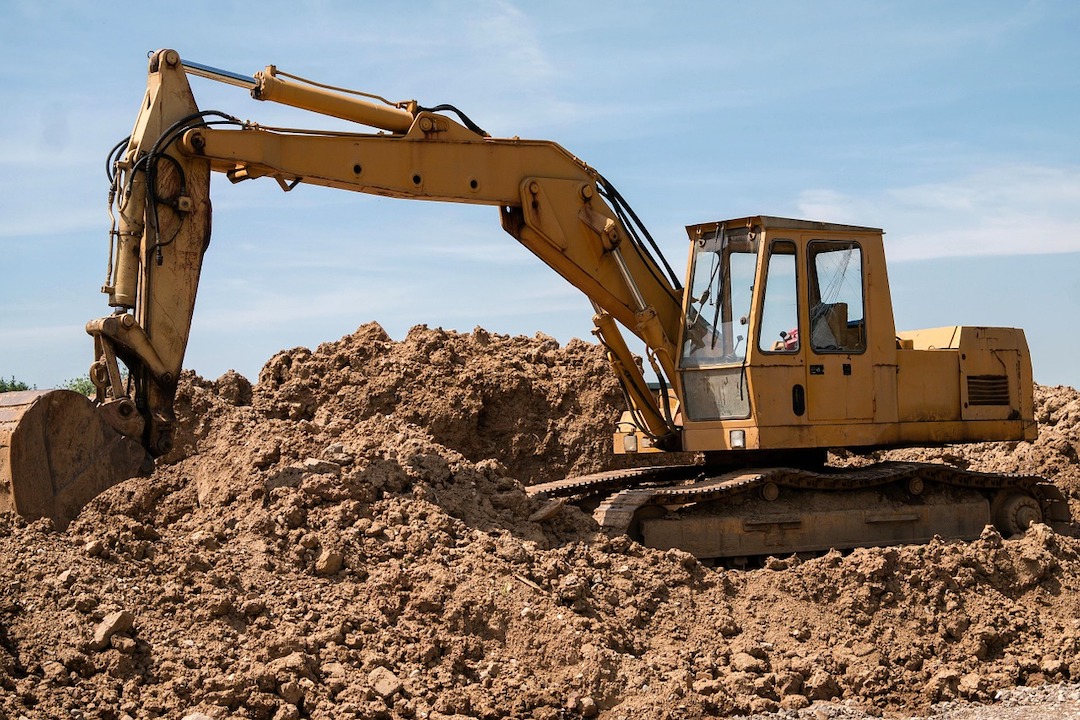The nation’s 811 utility location system is significantly flawed, according to a new survey of construction firms that perform underground excavation work.
The survey report, released by the Associated General Contractors of America, found that more than half of the responding firms reported damages and near misses because lines were unmarked or marked incorrectly. “Most contractors say that calling 811 often leads to inaccurate line marking and that utility firms are often very slow in coming out to locate and mark their underground lines,” according to an AGC news release.
Seventy-eight percent of firms who found weaknesses said the biggest problem is the lack of accurate utility locating by utility owners and operators. And 56% of firms with concerns about the 811 system said slow utility owner and operator response times are a significant weakness.
Many firms reported being unfairly blamed for damages even after contacting 811. The survey found that nearly two-thirds of contractors received a claim from a utility owner and operator for damage to a line the construction firm was not responsible for damaging.
“We need to fix the 811 system to make sure utility firms are doing their part to accurately mark their lines,” said Stephen E. Sandherr, AGC CEO. “Too few utility firms are being held accountable for doing their part when it comes to helping contractors avoid hitting underground lines.”
Related Stories
| Mar 22, 2012
Bill would reintroduce “opt-out” provision in lead paint law
The Lead Exposure Reduction Amendments Act of 2012 (S2148) would restore the "Opt-Out" provision removed from the Environmental Protection Agency's Lead Renovate, Repair and Painting (LRRP) rule in April 2010.
| Mar 15, 2012
New Florida building code establishes flood and storm surge provisions
The new 2010 code establishes minimum design and construction requirements to protect buildings from wind, rain, floods, and storm surges.
| Mar 15, 2012
Illinois city rejects international code due to home sprinkler requirement
Macomb, Illinois aldermen voted to recommend that the city not adopt 2012 international building and residential code standards requiring the installation of overhead sprinkler systems in newly constructed one-family and two-family homes.
| Mar 15, 2012
Tenant advocates propose licensing landlords in New York City
With thousands of New York City rental units posing potential dangers to tenants, city advocates are proposing measures to make landlords improve building safety.
| Mar 15, 2012
Construction industry a big winner in federal small disadvantaged business procurement
Last year, only 5% of federal contract dollars went to small disadvantaged businesses. Construction and facilities support firms were the biggest beneficiaries.
| Mar 15, 2012
ANSI approves new fall protection standards
The American National Standards Institute (ANSI) has approved two American Society of Safety Engineers' (ASSE) standards addressing fall protection.
| Mar 8, 2012
Engineering innovation provides new option for meeting seismic codes in skyscrapers
Two University of Toronto engineers have developed “viscoelastic-energy-dissipating dampers” to replace many of the heavy concrete beams used in tall structures.
| Mar 8, 2012
CSI webinar on building code compliance March 22
A March 22 webinar will provide an overview of a 28-step process during the design of a building to ensure compliance with building codes.















